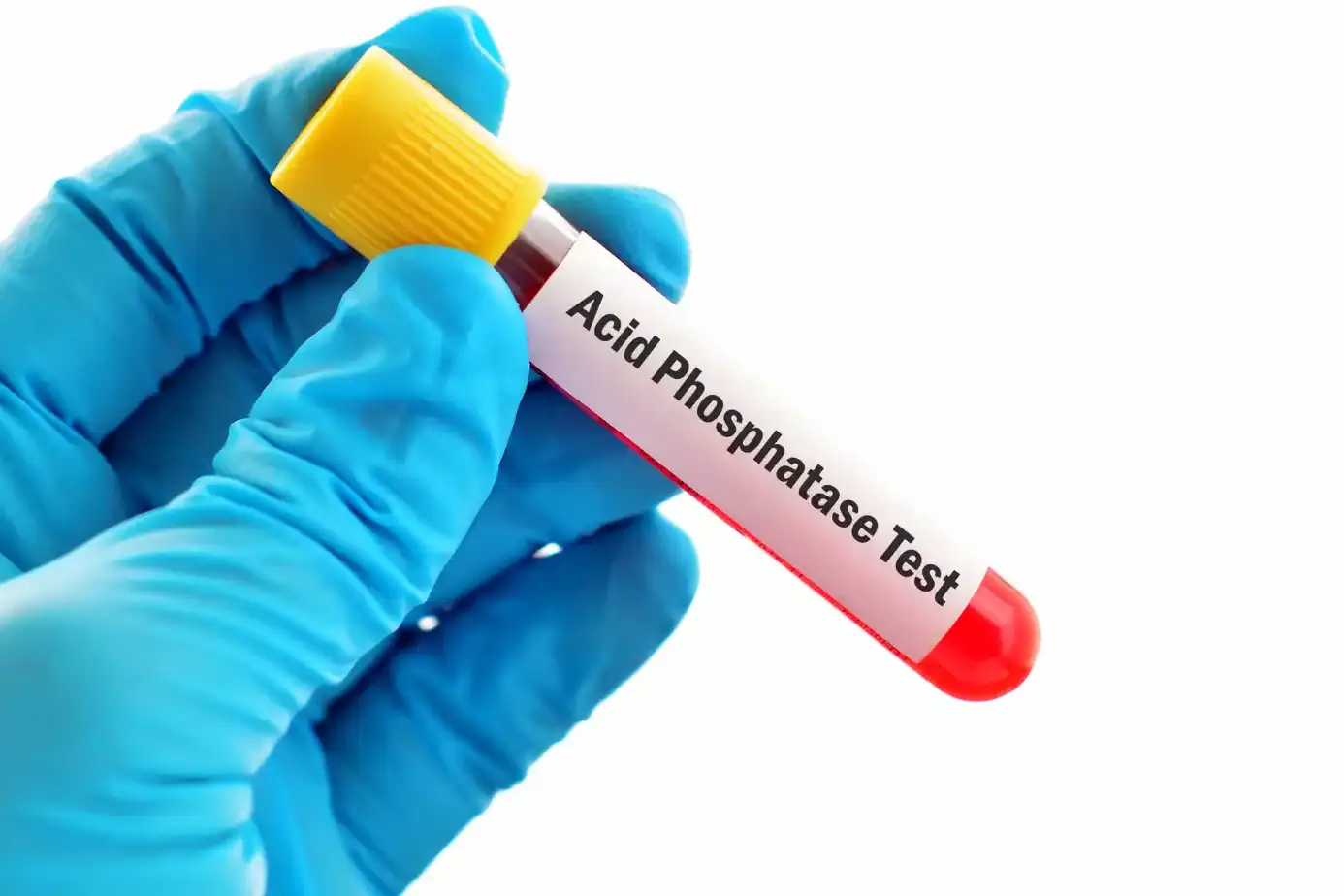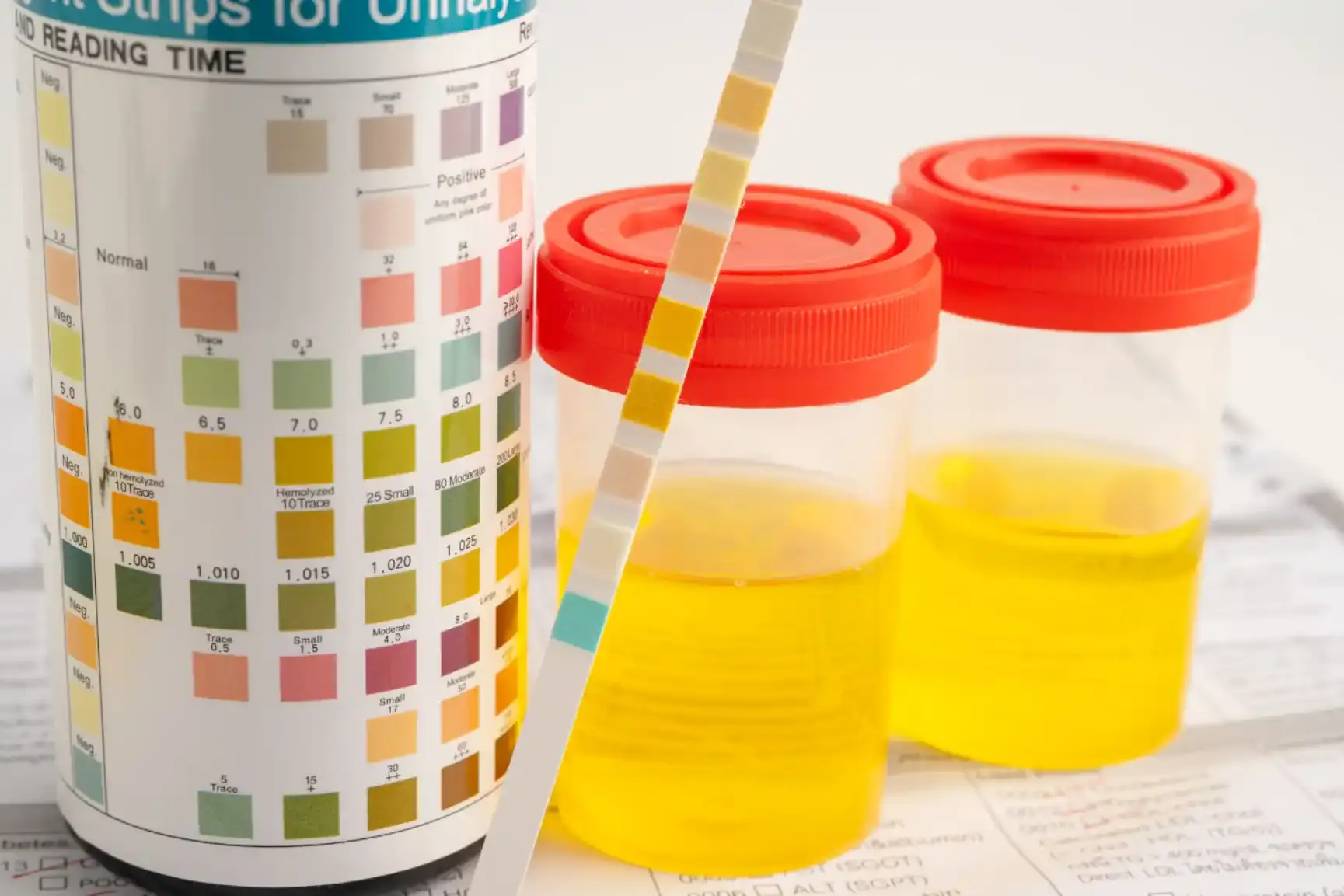Keeping your liver healthy is key for your body’s well-being. This important organ helps with many body functions. But, many people ignore early signs of liver disease, which can lead to serious problems if not treated.
Table of Contents
ToggleIn this article, we’ll look at common liver disease symptoms you should not ignore. Dr. Nivedita Pandey, a top gastroenterologist with 14 years of experience, will share her insights. She specializes in treating food pipe infections and gastrointestinal issues.
Feeling tired or weak all the time is a common sign of liver disease. If you’re always tired, even after resting well, it might mean your liver is not okay. Also, pain or discomfort in the upper right part of your belly could signal liver disease.
Understanding Liver Disease
Your liver is key to your health. But, many things can cause liver disease. This can be serious if not treated early. Knowing about liver diseases and their causes helps you spot signs and get help fast.
What is Liver Disease?
Liver disease means your liver is not working right. It can be many things, like non-alcoholic fatty liver disease or viral hepatitis. It can also be genetic or even cancer. Liver disease can cause big health problems if not handled well.
Causes of Liver Disease
Many things can cause liver disease, including:
- Viral infections, such as hepatitis A, B, and C
- Excessive alcohol consumption
- Non-alcoholic fatty liver disease (NAFLD), often linked to obesity and diabetes
- Genetic disorders, like hemochromatosis and Wilson’s disease
- Autoimmune conditions, including autoimmune hepatitis and primary biliary cholangitis
- Exposure to toxic chemicals or medications
Some liver diseases, like NAFLD, can get worse over time. This can lead to serious damage, like cirrhosis or liver failure, if not treated.
Early Signs and Symptoms
Liver disease can be hard to spot early on. The symptoms are often mild and easy to miss. But, noticing these signs early can help you get help before it gets worse. Fatigue and weakness are common signs of liver disease.
Fatigue and Weakness
Feeling tired all the time can mean your liver is not okay. You might also feel weak, making simple tasks hard. If you’re always tired and can’t find a reason, see your doctor.
Abdominal Pain and Discomfort
Abdominal pain or discomfort is another sign of liver disease. You might feel a dull ache or sharp pain in your upper right abdomen. The pain could also spread to your back or shoulder. If you have ongoing or getting worse pain, get medical help.

Spotting early signs like fatigue, weakness, and pain can help you act fast. Don’t wait to talk to your healthcare provider if you notice these symptoms.
Visible Symptoms of Liver Disease
Liver disease can show signs on your body’s surface. These signs are important and mean you might need to see a doctor.
Jaudice is a yellow skin and eye color. It happens when the liver can’t break down bilirubin. This leads to yellow skin and eyes.
Liver enlargement is another sign. When the liver gets inflamed or fatty, it grows. This makes a bulge in your upper right belly.
Spider angiomas are small, spider-like blood vessels. They show up on your face, neck, and upper body. They can mean liver damage or cirrhosis.
Palmar erythema is red palms. It’s caused by blood vessel dilation. This is a sign of liver problems.
If you see these signs, see a doctor. They can find out why and help treat your liver disease.
Jaundice: A Warning Sign
Jaundice is a sign of a liver problem. It makes the skin and eyes turn yellow. This happens because of too much bilirubin in the blood.
What is Jaundice?
Jaundice happens when the body can’t handle bilirubin right. This makes the skin and eyes look yellow. People with jaundice might also have dark urine and light-colored stool.
Causes of Jaundice
- Infections, like hepatitis, are a common cause.
- Liver diseases, like cirrhosis, can also cause it.
- Problems with the gallbladder or pancreas, like gallstones, can lead to jaundice.
- Newborns can get a serious condition called kernicterus from high bilirubin levels.
Not all yellow skin means liver disease. Eating too many foods high in beta-carotene, like carrots, can also cause yellow skin. But this is not related to liver problems.

If you see signs of jaundice, see a doctor right away. A liver specialist can find out why and help you. Early treatment is key to avoiding serious problems.
Changes in Urine and Stool
Changes in your urine and stool can signal liver disease. The liver helps make bile for digestion and waste. If the liver fails, digestion and waste removal can be affected.
Dark urine might mean you have liver disease. The liver breaks down bilirubin from old red blood cells. If the liver can’t do this, bilirubin builds up, making urine darker.
- Dark urine color can be an early sign of liver disease.
- Pale or clay-colored stools may indicate a lack of bile production in the liver.
- Changes in stool color and consistency can be a symptom of underlying liver problems.
Stool color and consistency changes can also hint at liver disease. Pale, clay-colored, or greasy stools suggest low bile production. Liver disease might also cause diarrhea or loose stools.
Watch for any lasting changes in urine and stool. They could be signs of liver disease. If you see these signs or other symptoms, see a doctor for a check-up.
symptom of liver disease
Liver disease often shows early signs that are easy to miss. Symptoms like nausea, loss of appetite, and unexplained weight loss are common. They shouldn’t be ignored.
Nausea and Loss of Appetite
Nausea and not wanting to eat are early signs of liver trouble. A damaged liver can mess with your digestion. This leads to feeling sick and not wanting to eat.
Unexplained Weight Loss
Weight loss without reason is a warning sign. A failing liver can’t process nutrients right. This causes weight loss, even if you’re eating the same.
If you keep feeling sick, don’t want to eat, or losing weight without trying, see a doctor. These signs might mean you have liver disease. Catching it early is key to treating it well.

Swelling and Fluid Retention
Liver disease can cause swelling and fluid retention. A common sign is ascites. This is when fluid builds up in the belly.
Ascites: Accumulation of Fluid
Ascites often shows liver disease has gotten worse. If the liver fails, fluid gathers in the belly. This makes the belly big and can hurt.
Cirrhosis of the liver is the main cause of ascites. It’s often due to too much alcohol. But, cancer can also cause it, especially in late stages.
Symptoms of ascites include:
- Belly swelling
- Weight gain
- Sense of fullness
- Bloating
- Nausea and vomiting
- Swelling in the lower legs
- Shortness of breath
- Hemorrhoids
If you see these signs of fluid retention or swelling, tell your doctor. They can find the cause and help manage liver disease symptoms.
Itchy Skin and Rashes
If you have liver disease, you might know the annoying feeling of itchy skin. Itching, or pruritus, is a common symptom for many with liver conditions.
The exact reason for itching in liver disease is still a mystery. But, research shows that problems with bile production and flow might play a role. Liver diseases like primary biliary cholangitis and Alagille syndrome often cause itchy skin.
A 2021 study found a link between itching and a certain lipid in the blood of those with primary biliary cholangitis. A 2015 study also showed that high bile salt levels can cause itching under the skin.
Itching from liver disease can be sudden or last a long time. It usually starts on the palms and soles. But, it can spread to other parts of the body.
If you have persistent or severe itching, talk to your doctor. They might suggest treatments like bile acid sequestrants or ursodeoxycholic acid. But, topical antihistamines don’t work well for this kind of itching.
Itchy skin from liver disease can really affect your life. It can mess with your sleep, mood, and overall happiness. Working with your healthcare team can help you find relief and improve your health.
Cognitive and Mental Changes
Liver disease can affect your mind and brain. Hepatic encephalopathy is a serious condition that causes mental changes and cognitive changes. These changes are important to notice.
Hepatic Encephalopathy
Hepatic encephalopathy is a brain problem caused by liver disease symptoms. When the liver can’t clean the blood, toxins harm the brain. Symptoms can be mild or severe, even leading to coma.
The West Haven Criteria grades symptoms into four levels:
- Grade 1: Small changes in memory and focus.
- Grade 2: Mild confusion and trouble moving.
- Grade 3: Deep sleep, slurred speech, and odd movements.
- Grade 4: Being in a coma.
Hepatic encephalopathy can start from liver failure, shunts, or chronic diseases like cirrhosis. Catching it early is key to avoid worse stages, like coma or death.
Many liver diseases, like hepatitis C and NAFLD, can harm your brain. Even after a liver transplant, brain problems can last. This is because of the lasting effects of hepatic encephalopathy.
If you notice changes in your mind or brain, see a doctor fast. Quick action can help manage the problem and stop it from getting worse.
Risk Factors and Prevention
Liver disease is a big health problem, affecting millions. Some risks like viruses and genes you can’t change. But, you can prevent and manage liver disease with lifestyle changes. Knowing the risks and making healthy choices can lower your liver disease risk.
Lifestyle Modifications
Changing your lifestyle is key to avoiding liver disease. Drinking too much alcohol can harm your liver. Try to drink less or stop drinking altogether. Eating well and staying at a healthy weight also helps your liver.
Choose foods that are good for you. Avoid processed foods and eat more fruits, veggies, and whole grains. This supports your liver’s health.
Regular Checkups
- Seeing your doctor regularly is important for your liver health. They can check for liver problems early.
- If your family has liver disease, talk to your doctor. They can give you advice on screenings and prevention.
- Getting vaccinated against hepatitis A and B can protect your liver from viruses.
Being proactive about your liver health is crucial. Making lifestyle changes can help prevent liver disease. Early detection and care are key to a healthy liver.

When to Seek Medical Attention
If you’re feeling very sick from liver disease, you should go to the doctor right away. Liver disease can get worse fast. Seeing a doctor early is key to getting better.
Some signs you need to see a doctor include:
- Persistent fatigue and weakness
- Severe abdominal pain or discomfort
- Jaundice (yellowing of the skin and eyes)
- Unexplained weight loss or appetite changes
- Swelling or fluid retention in the legs or abdomen
- Persistent nausea or vomiting
- Confusion, brain fog, or changes in mental status
Acute liver failure is a serious condition that needs quick medical help. It can cause severe pain, bleeding, and brain pressure. In the U.S., it’s often caused by too much acetaminophen. Sometimes, treatment can reverse it, but often, a liver transplant is needed.
If you’ve had liver disease before or are feeling very sick, call your doctor. Getting help quickly can really help your health. Also, regular check-ups and monitoring are important for managing chronic liver conditions and avoiding serious problems.
Conclusion
Liver disease can show many symptoms. These range from feeling tired and weak to seeing jaundice and swelling. It’s important to know the signs and see a doctor if needed.
About 4.5 million adults in the U.S. have chronic liver disease. This is 1.8 percent of all adults. Sadly, 41,473 deaths were linked to liver disease in 2020. This is 12.8 deaths for every 100,000 people.
If you have symptoms like bad heartburn, trouble swallowing, or unexplained weight loss, see a doctor. Ignoring these signs can cause bigger problems. Getting a diagnosis and treatment early is key to staying healthy.
FAQ
What are the common symptoms of liver disease?
Liver disease symptoms include fatigue and abdominal pain. You might also feel nausea, dark urine, and swelling. Itchy skin, loss of appetite, and weight loss are other signs.
What is jaundice and how is it related to liver disease?
Jaundice makes your skin and eyes turn yellow. It happens when bilirubin builds up. This is a sign of liver problems, like damage or blocked bile ducts.
How do changes in urine and stool indicate liver problems?
Liver disease can make your urine darker and your stools lighter or clay-colored. This is because the liver can’t remove bilirubin properly.
How can nausea, loss of appetite, and unexplained weight loss be linked to liver disease?
Nausea, loss of appetite, and unexplained weight loss can be liver disease symptoms. This is because the liver can’t process nutrients well.
What is ascites and how does it relate to liver disease?
Ascites is fluid buildup in the belly. It’s a sign of advanced liver disease, often from cirrhosis or liver failure.
How can cognitive and mental changes be a symptom of liver disease?
Liver disease can cause toxins to build up in the blood. This affects the brain, leading to confusion, mood changes, and even coma.
When should someone seek medical attention for potential liver disease symptoms?
See a doctor if you have severe or ongoing symptoms. This includes severe belly pain, constant nausea or vomiting, unexplained weight loss, or changes in urine or stool. These could mean a serious liver issue.
Source Links
About The Author

This article is medically reviewed by Dr. Nivedita Pandey, Senior Gastroenterologist and Hepatologist, ensuring accurate and reliable health information.
Dr. Nivedita Pandey is a U.S.-trained gastroenterologist specializing in pre and post-liver transplant care, as well as managing chronic gastrointestinal disorders. Known for her compassionate and patient-centered approach, Dr. Pandey is dedicated to delivering the highest quality of care to each patient.
→ Book a consultation to discover which remedies suit your needs best.
About Author | Instagram | Linkedin





